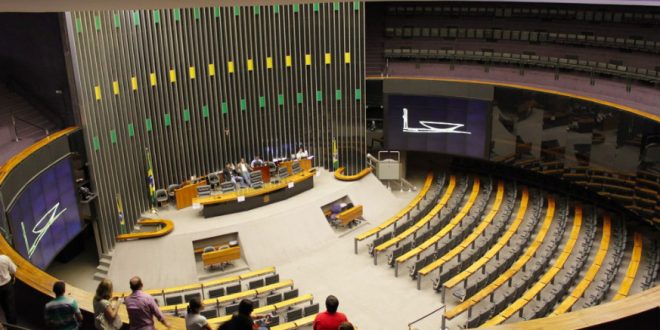Brazil’s government faces growing demands to explain why it will apply the highest operating tax charge to its pending federal sports betting marketplace
The demand for an explanation comes as Congress begins its 120-day review of ‘provisional measure No-1182’ signed by President Lula da Silva on 25 July.
Entering a critical juncture for the passage of Brazil’s long-mooted sports betting regime, Congress has received over 240 amendments to President Lula’s legislative demand.
The amendments indexed on Congress’ website, propose changes on a broad spectrum of issues, ranging from restrictions on advertising, introduction of a blackout period for offshore operators, to the broader regulation of casino-style games.
However, the government’s support to impose an 18% GGR tax charge on betting activities has been deemed as a key point of conflict by stakeholders and opposition.
As noted by critics, when combined with existing local government and social security taxes, the desired 18% GGR tax would amount to a real tax rate closer to 30%. Conflicts in the tax structure are a point of contention, echoed in numerous proposed amendments put forward to Congress.
Newly formed trade body the Brazilian Institute of Responsible Gaming (IBJR) has challenged the government explanation that it applied “a tax framework similar to England”.
IBJR President, Andre Gelfi, stands by the trade body’s assessment that the tax rate imposed by the government could be “at least 350% higher than the UK’s System, considering additional tax obligations.”
The regime’s high licensing costs were detailed as a further financial burden, as Gelfi noted that the “Brazil fee will be six million reais, contrary to one million applied in England. These numbers make the Brazilian license one of the most expensive in the world,”
“Making a fair comparison, while the UK charges 15 percent of the GGR, Brazil sets the tax between 45 and 73 percent, depending on the volume of the operation,” he added.
IBJR has demanded that the government explain its tax and licence fee calculations and how they were applied to the launch of a new market that will be unattractive to foreign and domestic businesses.
Deputy Congressman Newton Cardoso, an advocate for “gambling expansion to fund public services”, was amongst policymakers contesting the government’s tax proposal as detrimental to the foundation of an effective marketplace.
Cardoso has submitted a draft amendment aiming to reduce sports betting’s headline tax rate from 18% to 11%. The proposal argues that the current tax rate “greatly surpasses the UK’s 15% rate” – a figure the Brazilian government had initially outlined “as a comparable benchmark” when it began drafting legislation.
The Ministry of Finance has been criticized for its inflexible approach to settling a viable tax framework for Brazilian sports betting – as tax conflicts had frustrated the progress of previous attempts to launch a federal regime.
As stands, Congress has 120 days from July 25 to review the provisional measure. If amendments are adopted by the joint Senate and Chamber committee, President Lula can either accept or reject them. Alternatively, Congress may let the provisional measure expire without approval.
Further measures could see the Chamber of Deputies also pass sports betting legislation through a separate bill.









